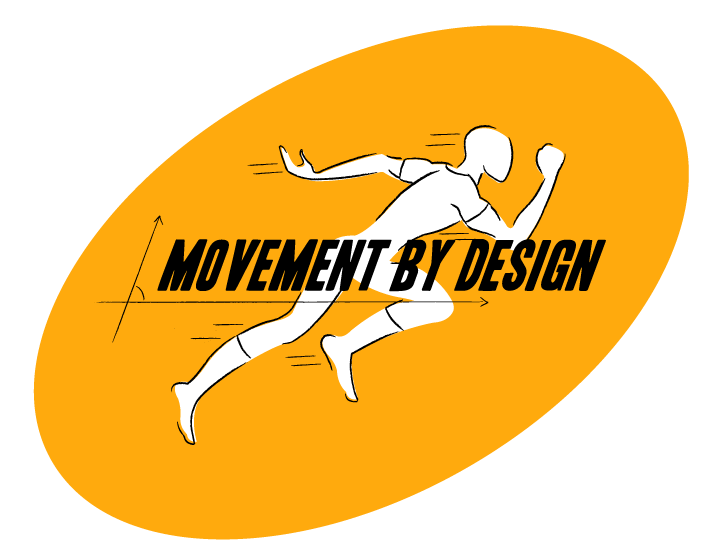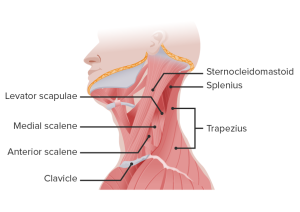Understanding Andropause: The Male Menopause and How to Combat It
When we hear the word “menopause,” we naturally associate it with women. But did you know men experience their own version of hormonal changes as they age? Known as andropause, this condition is often overlooked and misunderstood, leaving many men unaware of what is happening to their bodies and minds. Let’s dive into what andropause is, how it affects men, and what can be done to combat it effectively.
What Is Andropause?
Andropause, often referred to as the “male menopause,” is a condition associated with the gradual decline in testosterone levels in men as they age. Testosterone, the primary male sex hormone, is responsible for a wide range of functions, including muscle mass, bone density, mood regulation, and sexual health.
Unlike menopause in women, where hormone levels drop significantly in a short span of time, testosterone levels decline slowly, often beginning around the age of 30 and continuing at a rate of about 1% per year. By the time men reach their 50s or 60s, these changes can manifest as noticeable physical, emotional, and mental symptoms.
Signs and Symptoms of Andropause
The symptoms of andropause vary but can significantly impact a man’s quality of life. These include:
- Fatigue and Low Energy: A common complaint, making it hard to stay active.
- Reduced Muscle Mass and Strength: Testosterone plays a crucial role in muscle maintenance.
- Increased Body Fat: Particularly around the abdomen, leading to changes in body composition.
- Low Libido and Sexual Dysfunction: A noticeable decline in sexual desire and performance.
- Mood Swings and Irritability: Hormonal changes can lead to emotional instability.
- Depression and Anxiety: Feelings of sadness or nervousness may increase.
- Sleep Disturbances: Poor sleep quality or insomnia can exacerbate other symptoms.
- Reduced Cognitive Function: Difficulty concentrating or experiencing “brain fog.”
Why Is Andropause Often Overlooked?
Despite being common, andropause is rarely talked about. Many men are unaware of it or dismiss their symptoms as a normal part of aging. Social stigma around discussing hormonal health and the assumption that menopause is solely a female issue further contribute to its invisibility.
How to Combat Andropause
While andropause is a natural part of aging, there are ways to manage its symptoms and improve overall well-being. Here’s how:
1. Adopt a Balanced Diet
- Focus on nutrient-dense foods such as lean proteins, healthy fats, and complex carbohydrates.
- Include testosterone-boosting foods like eggs, nuts, spinach, and avocados.
- Avoid excessive alcohol, sugar, and processed foods, which can worsen hormonal imbalances.
2. Stay Active with Exercise
- Strength Training: Builds muscle mass and improves testosterone production.
- Cardio Workouts: Supports cardiovascular health and reduces fat.
- Flexibility and Stress Relief: Incorporate yoga or Pilates to improve posture and reduce stress.
3. Manage Stress Levels
- Chronic stress increases cortisol, a hormone that suppresses testosterone.
- Practice mindfulness, meditation, or breathing exercises to lower stress levels.
4. Improve Sleep Quality
- Aim for 7–9 hours of quality sleep each night.
- Establish a consistent bedtime routine and reduce screen time before bed.
5. Consider Hormone Replacement Therapy (HRT)
- Testosterone Replacement Therapy (TRT) may be an option for men with significantly low levels of testosterone. Consult a healthcare professional to evaluate if this is right for you.
6. Stay Connected and Seek Support
- Talk openly with your partner or close friends about what you’re experiencing.
- Join support groups or forums for men going through similar challenges.
7. Schedule Regular Health Checkups
- Monitor testosterone levels and overall health with routine medical checkups. Early detection of low testosterone can help prevent more severe symptoms.
Why Awareness Is Key
One of the biggest challenges of andropause is the lack of awareness. Many men live with symptoms for years without understanding the underlying cause. By normalizing conversations about andropause, we can encourage men to seek help, embrace lifestyle changes, and combat its effects effectively.
Final Thoughts
Andropause is a natural but often misunderstood phase of life for men. Recognizing the symptoms and taking proactive steps to manage them can significantly enhance quality of life and overall well-being.
If you or someone you know is experiencing symptoms of andropause, remember: help is available, and addressing the issue is the first step toward feeling like yourself again. Stay informed, take control, and don’t hesitate to seek support.
Age is inevitable, but vitality is a choice!











